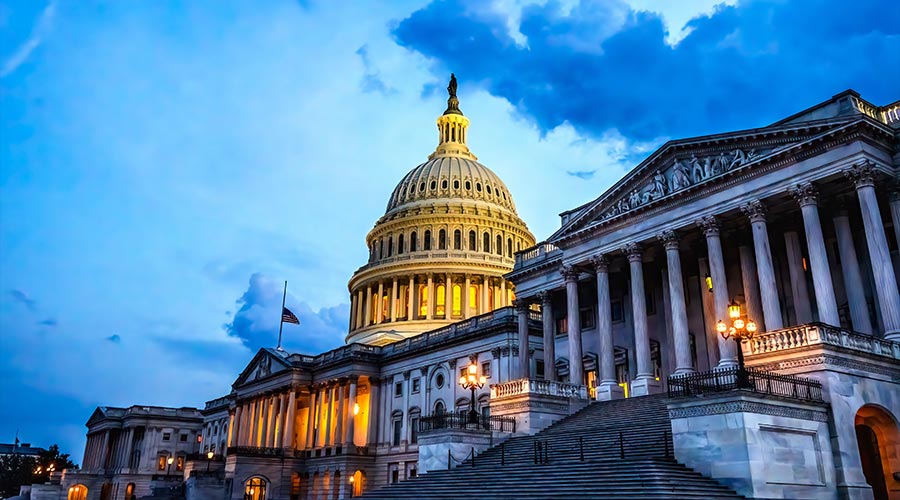
Alliance for Chemical Distribution (ACD) President and CEO Eric R. Byer released the following statement welcoming the start of the 119th Congress:
“ACD looks forward to collaborating with members of the 119th Congress and relevant committees on key issues, including establishing regulatory certainty for the chemical distribution industry. In recent years, the chemical distribution industry has faced numerous legislative and regulatory challenges that have placed significant financial strain on businesses of all sizes. We are hopeful that the new Congress will ease some of the more burdensome and duplicative regulatory pressures to provide stability, foster growth, and ensure the safe and reliable delivery of chemicals essential to Americans’ daily lives.”
As policymakers return to Washington and set the agenda for 2025, there are several issues on which the chemical distribution industry needs Congress to focus. Key priorities during the 119th Congress include:
• Tax: With many of the Tax Cuts and Jobs Act provisions expiring at the end of 2025, ACD urges Congress to extend the deduction for small businesses, which has helped businesses grow, hire workers, and increase wages. ACD also urges Congress to repeal the Superfund Tax, which has raised the cost of many chemicals and chemical substances that are essential to consumer products. Additionally, compliance with the newly reinstated tax has created a substantial regulatory burden for many companies in the chemical distribution supply chain. ACD supports legislation to extend the small business deduction and repeal the Superfund Excise Tax on Chemical Substances.
• PFAS: As many states and cities nationwide have recently imposed bans on Per- & Polyfluoroalkyl substances (PFAS) and as insurers are now excluding PFAS-related claims from Commercial General Liability policies, companies relying on Aqueous Film Forming Foam fire suppression systems have been left in a precarious position. For distributors and warehousers of chemicals, these systems are critical to keeping facilities safe in the event of an accidental chemical fire. The cost of replacing these systems can run into hundreds of thousands of dollars, which presents a considerable burden for small and medium-sized businesses that want to phase the systems out but cannot afford the capital expenditure. ACD supports a tax credit to assist businesses in replacing their firefighting systems to decrease the burden placed on them by states and insurers.
• Trade: While our country simultaneously grapples with supply chain challenges and rising inflation, American companies also have dealt with the expiration of critical trade programs like the Generalized System of Preferences (GSP) and Miscellaneous Tariff Bill (MTB). ACD supports full, retroactive renewal of the GSP and MTB programs.
• Transportation: Across the country, businesses large and small – including chemical distributors – depend on safe and reliable rail service to connect with customers. However, shippers across various industries have reported deteriorating service for decades, resulting in less consistent and safe rail transport. ACD supports efforts that promote greater freight rail safety and competition.
• Security: The Chemical Facility Anti-Terrorism Standards (CFATS) program brings stability to industry and the U.S. Department of Homeland Security in managing security at our nation’s chemical facilities. With the program currently lapsed and in threat of sunsetting, chemical facilities do not have the vital public-private partnership needed to make strategic investments in security, putting businesses, workers, and communities at risk. ACD supports a long-term reauthorization of the CFATS program.

 The Down and Dirty on Cleaning in Virus Season
The Down and Dirty on Cleaning in Virus Season How Surfactant Use is Expanding in Commercial Cleaning
How Surfactant Use is Expanding in Commercial Cleaning